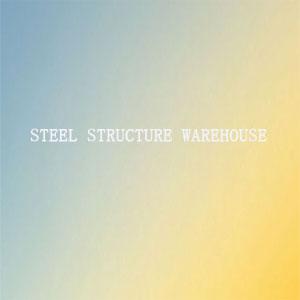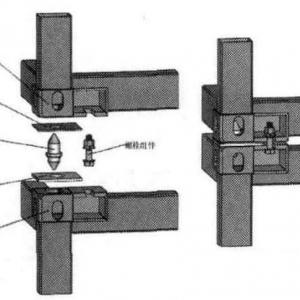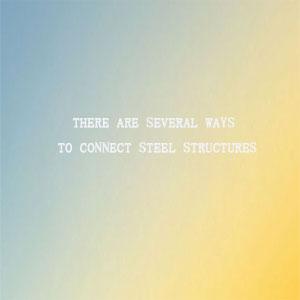Certification requirements for buildings in different countries
The following are the mandatory certification requirements for electrical appliances and components in the construction of prefabricated houses, container houses, and wooden houses in various countries around the world:China
CCC certification: Various electrical appliances and components in prefabricated houses, container houses, and wooden houses, such as wires and cables, sockets, switches, distribution boxes, etc., if sold in the Chinese market, must pass CCC certification and comply with relevant national standards for safety, electromagnetic compatibility, etc
U.S.A
UL certification: Electrical components and other products need to pass UL certification to prove their compliance with relevant safety standards in the United States, which is widely recognized for ensuring the safety and reliability of products
FCC certification: For electrical devices with wireless communication capabilities, such as smart control devices, FCC certification must be obtained to ensure their electromagnetic compatibility and prevent interference with other electronic devices
european union
CE certification: Electrical appliances and components used in prefabricated houses, container houses, and wooden houses must be affixed with the CE mark, indicating compliance with basic requirements such as the EU Low Voltage Directive and Electromagnetic Compatibility Directive. The products can be freely circulated in all EU member states
Japan
PSE certification: Relevant electrical appliances and components must obtain PSE certification. Specific electrical products must pass strict third-party certification, while non-specific electrical products can be self declared by the manufacturer and affixed with a circular PSE logo
the republic of korea
KC certification: All types of electrical appliances and components need to undergo KC certification. Enterprises need to apply to the Korean Institute of Electrical and Electronic Testing or the Korean Industrial Technology Testing Institute. Only after the product passes the test and meets the standards, can the KC logo be affixed
Australia and New Zealand
RCM certification: It replaces previous certifications such as C-Tick and A-Tick. Electrical appliances and components used in the construction of prefabricated houses must meet both electrical safety and electromagnetic compatibility requirements. After affixing the RCM logo, they can enter the Australian and New Zealand markets
Saudi Arabia
SASO certification: Electrical appliances and components must comply with relevant standards published by SASO, pass various tests such as electrical safety, mechanical safety, energy efficiency, electromagnetic compatibility, etc., and be affixed with SASO certification marks. The product also needs to have bilingual Arabic and English markings




